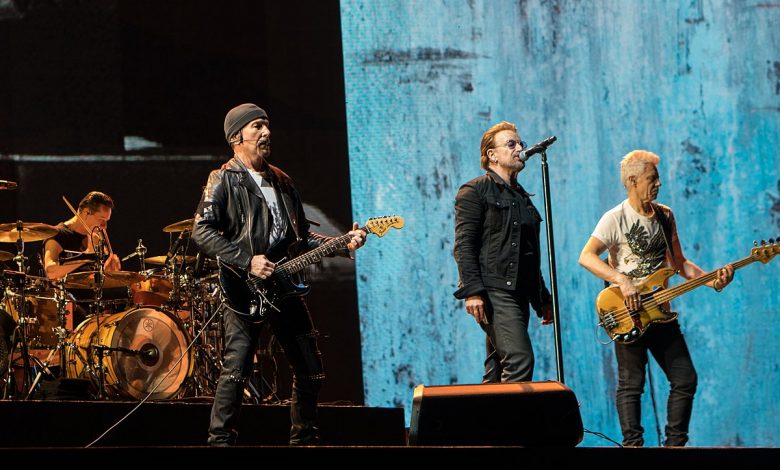Why young fans are flocking to hear this old-time blues duo

sm– If pop music is akin to mass-produced lager then The Blues Preachers’ music is more your craft beer. The duo doesn’t aim for a mass market, but a loyal following that appreciates quality and can sniff out affectation; that appreciates the authenticity of records on which Brother John (John Morris: vocals, guitar and banjo) and Captain Bluetongue (Craig Lyons: vocals and harmonica) sound just like they do live.
If country blues and vocal harmonies lie at The Blue Preachers’ heart, their repertoire continually cross-stitches material of both white and African-American derivation. As Morris points out, none of this music was ever “pure” in the way nutty modern purists would have it. Blues, bluegrass, country, jazz, rockabilly, rock ‘n’ roll and R&B all resulted from a melting-pot culture, and the finely-woven intersections between them make up one vast, beautiful tapestry.
Unlike many artists who blithely play music with African-American roots, Morris and Lyons have confronted the issue of cultural appropriation, and picked their way through the maze. Morris points out if that were all US music completely off-limits, he and Lyons may have been pushed into performing Australian folk with a colonial accent, “and that’s not a real person, either”. Their long-term solution is to concentrate on original material, although their new Shades of Blue album is more of an acknowledgment of some of the great artists whose influence flows through so much contemporary music.
Especially startling is the duo’s ability to attract a younger audience. “What we’ve noticed over the last few years,” Morris observes, “is that there’s definitely a younger community of people, which I guess you could loosely describe as the hipsters – so they like traditional bluegrass and old-time music, and they certainly like the Blues Preachers.
“They’re in that age-group I guess between 30 and 45. They come along, and they’re very knowledgeable about it. These are the sort of people who brew their own beer. They go and find a bit of yeast on a log in Centennial Park and go back to their flat and make beer. They’re on a mission to dig down and get to something real.
“I remember one of my students who I’d describe as a hipster turned up here with his banjo on his back and sat down, and he had these really nice shoes on. I said, ‘Where did you get those shoes? They’re great.’ He said, ‘Oh, I made those.’ This is what hipsters are like. They’re really trying to get to the core of something, where things were real and were done well.”
At festivals the Blues Preachers can attract an even younger age group in their ’20s. “They’ll come along to the blues tent, and they’re more likely to do that if it’s acoustic blues rather than electric blues,” says Morris, “because they associate electric blues with old guys with ponytails and beards, like their parents, maybe. But if it’s acoustic blues or old-time music, they’ll go and have a listen to it.”
When the duo headlined at Gerringong’s SurfLife Music Festival, they came on at 10pm after a day of full-on rock bands, and suddenly people finally leapt out of their seas and danced. “The other musicians were fascinated by the fact we had this simple beat without a drummer,” says Morris, “and that people were responding to it. I just tried pointing out that it’s a primal thing, and they jump up.”




